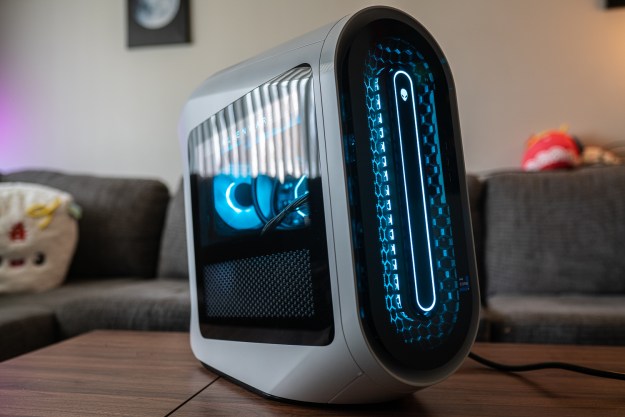
Technology companies often commission public opinion research or surveys to substantiate a need for their products and services, usually presenting the “independent” findings as some kind of scientific evidence that consumers really ought to give them some cash. Although firms don’t usually exert direct control over the surveys—preferring to leave that to the professionals—without the commissions many of these silly consumer surveys would probably never be conducted. That’s understandable: consumer research companies need to pay their bills too, and if the survey findings don’t back up the company’s value proposition…well, the results will probably never be publicized.
So when PC Tools re-announced the results of their latest Keep It Simple Survey (apparently people didn’t pay enough attention to the initial announcement back in September—repeatedly announcing something happened “today” makes it new all over again, right?) I decided to take a look. This quote from PC Tools’ VP of worldwide sales and marketing Stephanie Edwards particularly caught my eye: “While some of these results may seem amusing, they show that staying connected is a very serious issue to many, no matter what the circumstance.”
Amusing? Oh, I’m in.
The poll, conducted by Harris Interactive, surveyed 1,012 U.S. adults with an eye towards determining when people felt it was appropriate to be “plugged in,” meaning connected to the Internet and their online lives rather than paying attention to the world, people, or anything else around them. Unsurprisingly, the survey found many Americans have no manners: some 41 percent of Americans felt it was OK to be “plugged in” when during dinner at home with family and friends, and 26 percent felt being online was OK if the dinner was at a fancy restaurant. Further, 29 percent of Americans felt it was appropriate to be “plugged in” on their honeymoon (see—didn’t make the obvious joke!), although only 6 percent felt it would be appropriate to be “plugged in” during a religious service or a wedding.
The results are amusing because Harris finds many Americans are ashamed of what they’re doing right in front of other people. The survey found that 45 percent of respondents would be embarrassed if friends of family saw “certain files or documents” on their computers or portable devices. Perhaps unsurprisingly, some 18 percent of men would be concerned about other people seeing what Web sites they visit, compared to 12 percent of women.
PC Tools’ pitch with this data is that as Americans spend more and more time on the Internet, they need effective and simple services—like PC Tools, of course!—to handle computer maintenance and protect their “most intimate details.” You know, to hide their, um, stuff.
Why? Because, Harris finds, most Americans hate maintaining computers. The survey found that 93 percent of respondents own a personal computer, but 76 percent of them would rather perform chores or “other unpleasant activities” rather than clean their computer’s registry to improve performance and reliability. What unpleasant activities? I’m glad you asked! Some 54 percent would rather do laundry, 47 percent would rather balance a checkbook, 43 percent would rather change a baby’s diaper, 34 percent would rather go to the dentist, 20 percent would rather wait in line at the DMV, 19 percent would rather be stuck in traffic, and (wait for it) 12 percent would rather have a colonoscopy. Honest. That’s what Harris reported.
However, a little back of the envelope statistical manipulation—because technology companies never do that—reveals some shocking truth. If 93 percent of respondents have computers, then 226 of them would be OK with cleaning up a registry rather than doing chores or something “unpleasant.” However, if 34 percent of the computer owners would rather go to the dentist than clean a registry, that’s 243 people.
So there, it’s scientific: Going to the dentist is more popular than cleaning a Windows registry.
Oh, and PC Tools has a simple, easy-to-understand, non-complicated lineup of five separate protection tools for PCs: PC Tools Internet Security 2011, PC Tools Spyware Doctor 2011, PC Tools Spyware Doctor with AntiVirus 2011, PC Tools Registry Mechanic 2011, and the brand new PC Tools Performance Toolkit 2011. I don’t know which one(s) you might need either: it’s hard to type during a fluoride treatment.
[Image credit: tup wanders. Used under Creative Commons license.]


